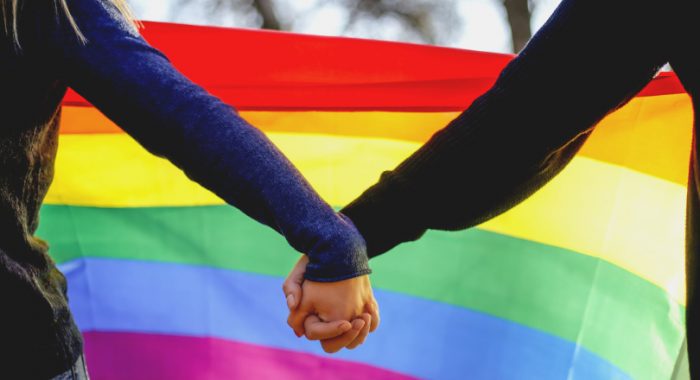Ghana’s parliament voted to pass a controversial bill to severely restrict LGBTQ rights on Wednesday in a move condemned by rights activists.
The bill still has to be validated by the president, Nana Akufo-Addo, before becoming law, which observers believe is unlikely before a general election in December.
The bill is widely supported in Ghana, where Akufo-Addo has said gay marriage will never be allowed while he is in power.
Commonly referred to as the anti-gay bill, the legislation received sponsorship from a coalition comprising Christian, Muslim and Ghanaian traditional leaders, finding substantial backing among members of parliament.
- Hardship: I feel your pains, Tinubu tells Nigerians
- Shut up during argument with your husbands, minister warns women
Gay sex is already illegal in the religious West African nation, but while discrimination against LGBTQ people is common no one has ever been prosecuted under the colonial-era law.
Under the provisions of the bill, same-sex relations could be punished with imprisonment ranging from six months to three years.
Those advocating for LGBTQ rights could be subject to harsher penalties, with potential jail terms of three to five years.
Around 30 African countries currently ban homosexuality, according to the International Lesbian, Gay, Bisexual, Trans and Intersex Association (ILGA).
Uganda, Mauritania and several northern Nigerian states punish same-sex relations extremely harshly, with those accused possibly facing the death penalty.
South Africa is the only nation on the continent to allow gay marriage, which it legalised in 2006.
Gay sex has been decriminalised in only a handful of countries: Cape Verde, Gabon, Guinea-Bissau, Lesotho, Mozambique, and the Seychelles, according to the ILGA.

 Join Daily Trust WhatsApp Community For Quick Access To News and Happenings Around You.
Join Daily Trust WhatsApp Community For Quick Access To News and Happenings Around You.


